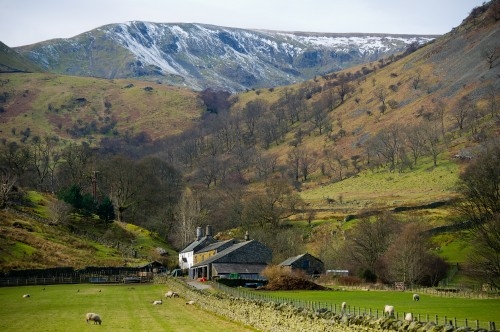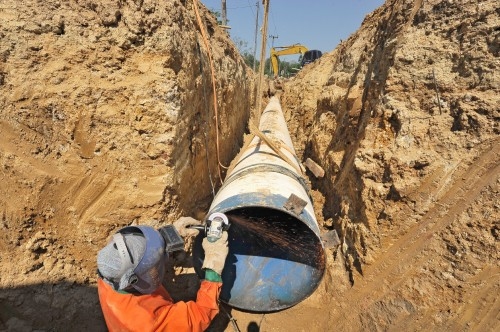The Career of a Rural Practice Chartered Surveyor
Just in case all of our great case studies don’t explain enough of what the career of a Rural Practice Chartered Surveyor actually involves (and we highly doubt that), take a read as to what you could expect from undertaking a career in this exciting role.
What does a Rural Practice Chartered Surveyor Do?
A rural practice chartered surveyor provides advice to clients on practical, strategic and technical matters involving rural land and property.
This can be across a number of areas, including:
- Agriculture
- Property Management
- Forestry
- Valuation/Auctioneering
- Planning
- Regulations and Practices in relation to the Environment
- Utilities & Infrastructure
What kind of responsibilities are there?
As with most careers, the area you decide to specialise in will suggest what responsibilities you might hold. Some of these could include:
- Overseeing development
- Finding opportunities for diversification
- Valuing assets
- Finding effective ways to market and sell assets
- Assessing potential purchases and sales
- Providing professional legal advice in conjunction with solicitors
- Issuing contracts such as agricultural tenancies
- Keeping land owners, tenants and occupiers up-to-date on the happenings on their land
- Keep up-to-date with the constantly changing laws and regulations
- Provide advice to government departments, councils, special interest groups and land users on policy issue
- Advise on grants and subsidies
What we all want to know… the benefits!
Salaries (like with any career) vary depending on a number of factors, including the type of work you are undertaking and the number of years’ experience you have.
Starting salaries for university graduates are commonly in the region of £20,000 to £25,000 a year and you can expect a pay-rise once you qualify, which is typically 1 – 2 years after you graduate.
Experienced surveyors (approximately 5 years or more experience as a qualified surveyor) can earn in the region of £30,000 to £40,000, and senior position can expect salaries of £50,000 +.
Rural Surveyors can work in a variety of offices, from ones attached to livestock markets to stately homes, and there are many firms who operate a variety of services from under one roof, usually a modern office building. The geographical areas covered from these office locations can be substantial, often crossing county borders and even abroad.
One of the best aspects of the work is the broad mix of clients and professionals that surveyors work with. One day you could be liaising with lawyers and accountants, and the next you could be dealing with tenant farmers and gamekeepers to discuss the management of the land.
If you’d like to learn more and see what a day in the life of a rural practice chartered surveyor is like, read our case studies and check out our Instagram #MYOFFICEJOB.














